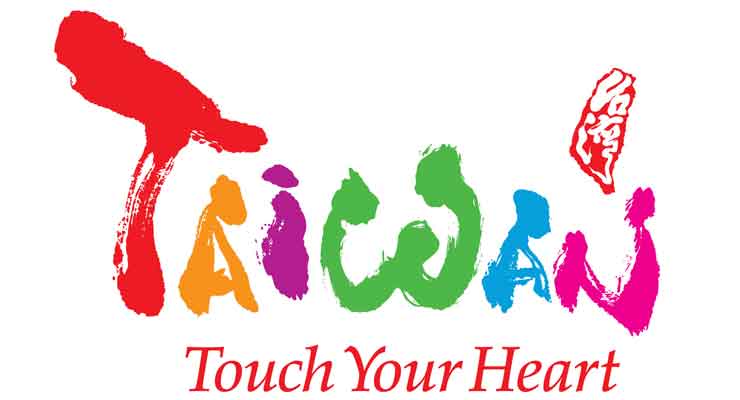
Opposition pushing Taiwanese negative voting campaign as solution to damaging period of gridlock
Democracy, elections and voting at Democracy Chronicles
According to Wikipedia, Negative vote weight “also known as inverse success value refers to an effect that occurs in certain elections where votes can have the opposite effect of what the voter intended. A vote for a party might result in the loss of seats in parliament, or the party might gain extra seats by not receiving votes. The effect that a vote for a party might result in the loss of a seat is contrary to the requirement that every vote in a democratic election should have the same weight. It also violates the requirement that the vote may not explicitly run counter to the intention of the voter.”
Clay Shentrup says
This system is known in election theory circles as “Evaluative Voting”, and is a form of Score Voting ( also known as Range Voting).
A great deal of evidence says that Score Voting is indeed the most democratic system. See, for instance, these Bayesian Regret calculations from a Princeton math PhD named Warren Smith.
https://scorevoting.net/BayRegsFig.html
However, a much simpler and more practical alternative may be “Approval Voting”. Rather than allowing negative votes, voters are simply allowed to vote for as many candidates as they wish. The winner is the candidate with the most votes. This is incredibly simple, and prevents the vote splitting problem, ensuring that a voter can always safely support his favorite candidate without concerns over electability or spoiler effects.
For more information, see The Center for Election Science.
http://www.electology.org/approval-voting
Clay Shentrup
Berkeley, CA
Co-founder, The Center for Election Science
Adrian Tawfik says
Thanks for the info. I didn’t realize the Score Voting connection to this article…
Jess H. Brewer says
It is amusing to see arguments claiming that giving people an opportunity to vote against a candidate they despise would undermine “democracy” because “democracy” is based upon forcing them to choose the lesser of two evils. In my humble opinion, democracy is based upon offering the electorate a chance to express their true opinions. That right is denied to a large fraction of voters under the present system, which may explain why so few of them bother to vote. Perhaps they can’t stand to hear that lesser-of-two-evils candidate crow about a “mandate”.
Adrian Tawfik says
Thanks Jess, you make great points. If you want to write about this on our website, I would love to include this argument on the front page. Only a minority of people understand the issue of election method reform and it needs all the support it can get from people who know what they are talking about. Just reply to this if you are interested!